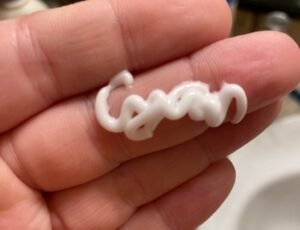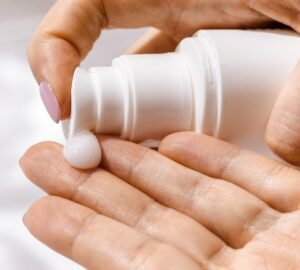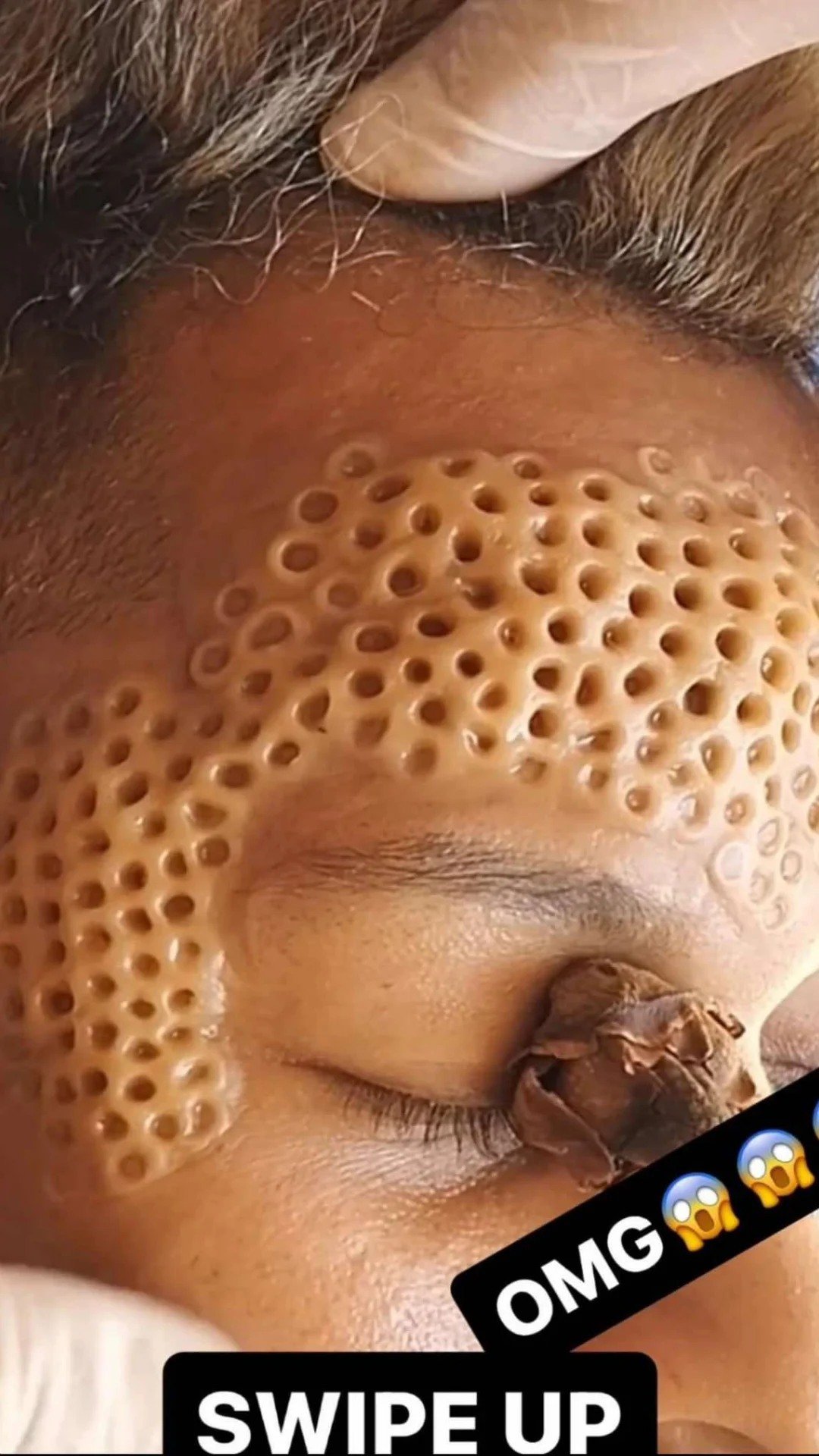Body acne affects millions of individuals globally. Research shows that 9.4% of the world’s population experiences acne, making it a common condition. Yet, its impact on confidence due to its visible appearance is undeniable.
To everyone dealing with acne, remember: “EMBRACE YOURSELF. YOU ARE BEAUTIFUL, AND ACNE IS JUST A CONDITION! NOTHING ELSE.”
Here are 10 tips to help eliminate body acne and stay positive!
1. Don’t Let Sweat Dry on Your Skin—Shower Promptly!

Sweat production increases during exercise and physical activity. To prevent acne breakouts, it’s essential to shower immediately after working out to remove sweat and bacteria from your skin.
2. Exfoliate Regularly!
Incorporate exfoliating scrubs into your skincare routine to remove sweat, dirt, and dead skin cells that clog pores. Regular exfoliation helps keep your skin smooth and free from breakouts.
3. Wear Breathable Clothing

Tight fabrics can trap heat and irritate your skin, worsening acne. Opt for breathable, loose-fitting outfits to stay comfortable and prevent skin issues.
4. Keep Hair Off Your Back!
Long hair can transfer oil, dirt, and debris to your back, leading to acne. Try to keep your hair away from your skin by tying it up or washing it regularly.
5. Choose Your Skincare Products Wisely

Pay close attention to the ingredients in your skincare products. Look for acne-fighting ingredients like salicylic acid, tea tree oil, or white willow bark, which are known to help clear and prevent acne.
6. Stay Hydrated!
Healthy skin starts with hydration. Drinking plenty of water helps flush out toxins and supports your immune system, which can reduce acne-causing bacteria.
7. Include Anti-Inflammatory and Antioxidant Foods in Your Diet

Adding foods like berries, whole grains, beans, and certain nuts to your diet can help reduce acne by decreasing inflammation and promoting overall skin health.
8. Avoid Popping Pimples
Resist the urge to pop or pick at your pimples. Doing so can lead to scarring, infections, and worse breakouts. If acne becomes too itchy or severe, consult a dermatologist for a topical treatment.
9. Use Non-Comedogenic SPF

While sunlight provides vitamin D, it’s crucial to protect your skin from harmful UV rays. Choose a non-comedogenic SPF that won’t clog pores while keeping your skin protected from the sun.
10. Add Zinc and Low-GI Foods to Your Diet
Zinc-rich foods like spinach, oysters, pumpkin seeds, and wheat germ help reduce acne inflammation and maintain skin balance. Low glycemic index (GI) foods, such as fruits and vegetables, can also help in reducing acne flare-ups.



